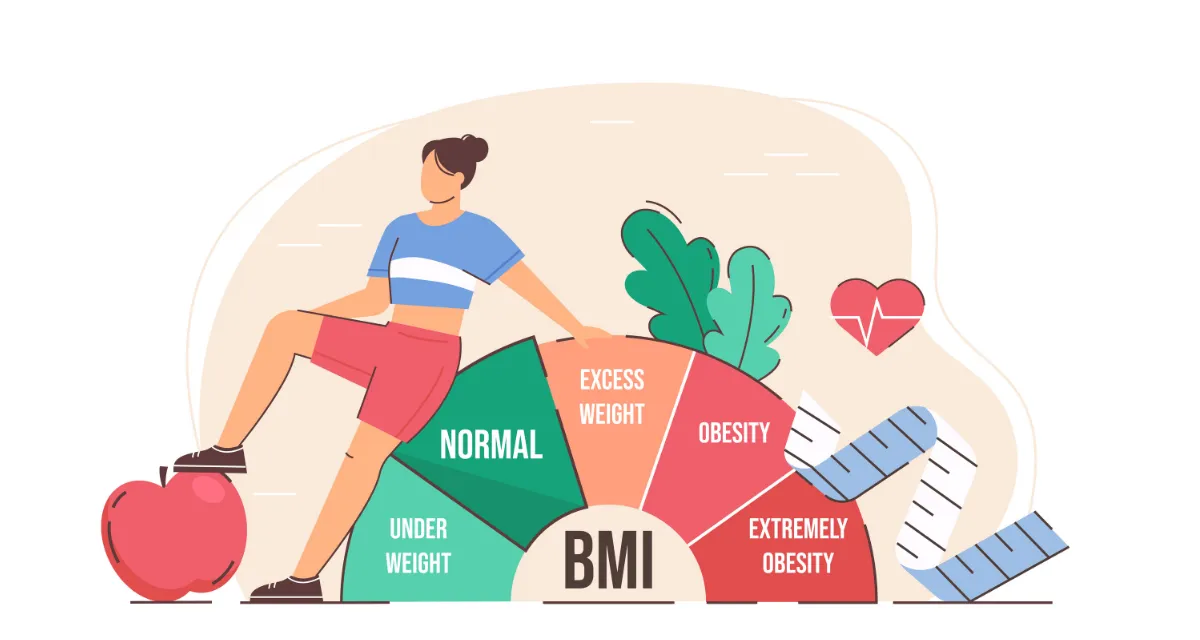GASTRIC SLEEVE SURGERY
Laparoscopic sleeve gastrectomy
What is the Gastric Sleeve Surgery ?
Gastric Sleeve Surgery benefits, risks, recovery Process
What is Gastric Sleeve surgery ?
Sleeve gastrectomy, also called a vertical sleeve gastrectomy, is a surgical weight-loss procedure. This procedure is typically performed laparoscopically, which involves inserting small instruments through multiple small incisions in the upper abdomen. During sleeve gastrectomy, about 80% of the stomach is removed, leaving a tube-shaped stomach about the size and shape of a banana.
Limiting the size of your stomach with gastric sleeve, restricts the amount of food you are able to consume. In addition, the procedure prompts hormonal changes that assist with weight loss. These same hormonal changes also help relieve conditions associated with being overweight, such as high blood pressure or heart disease.
How long does a gastric sleeve last?
Gastric sleeve is a permanent procedure. Long-Term Success What can you expect after Gastric Sleeve procedure? If you have gastric sleeve surgery, you will first start with liquid foods. Over the next few weeks, you will change to pureed food, then to solid food. Your meals will be much smaller and you may have to stop drinking with meals due to your small stomach.
What can you expect after Gastric Sleeve procedure ?
If you have gastric sleeve surgery, you will first start with liquid foods. Over the next few weeks, you will change to pureed food, then to solid food. Your meals will be much smaller and you may have to stop drinking with meals due to your small stomach.
You can expect to lose a lot of weight. If you have a weight-related medical condition, like type 2 diabetes or sleep apnea, those conditions may improve. And almost all people who get weight loss surgery -- 95% -- say their quality of life improves, too.
You will get nutritional advice from a dietitian on how to change your eating habits to keep healthy while losing weight.
Meals will be much smaller than before. And you will probably take vitamins or other supplements for life.
You will also have to, and be able to, increase the amount of physical activity you do.
How to recover after Bariatric Surgery
To shorten recovery time is to get active right away. Simply walking short distances and even changing positions in bed promotes circulation. Good blood flow enhances healing and discourages the formation of blood clots. Stay hydrated, maintain your fluid intake by taking small, frequent sips of water. Drinking 1.5 to 2 liters of water daily is recommended.
Activities to avoid
For three to six weeks post-op, strenuous activity is not recommended. Avoid lifting anything heavier than 15 to 20 pounds for the first six weeks.
Breathing exercise
Inhale as deeply as you can, letting your belly – not just your chest – expand.
Hold your breath for two seconds.
Exhale completely.
Repeat three times.
Recommended activities
During the first few weeks after surgery, you may feel weak and tire easily. However, frequent nonstrenuous activity, such as short walks, is recommended. Gradually increase the distance of your walks. The more physically active you are, the better for your recovery. Following these recommendations will help you get back to your baseline energy level more quickly.
BEFORE AFTER IMAGES











